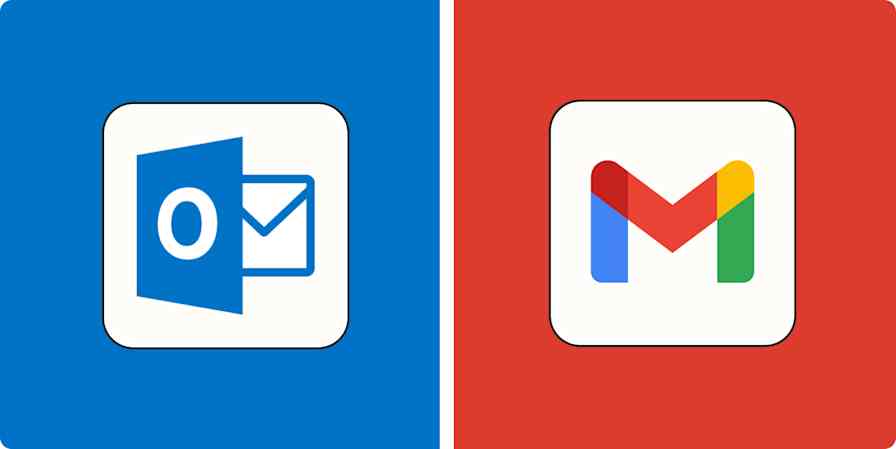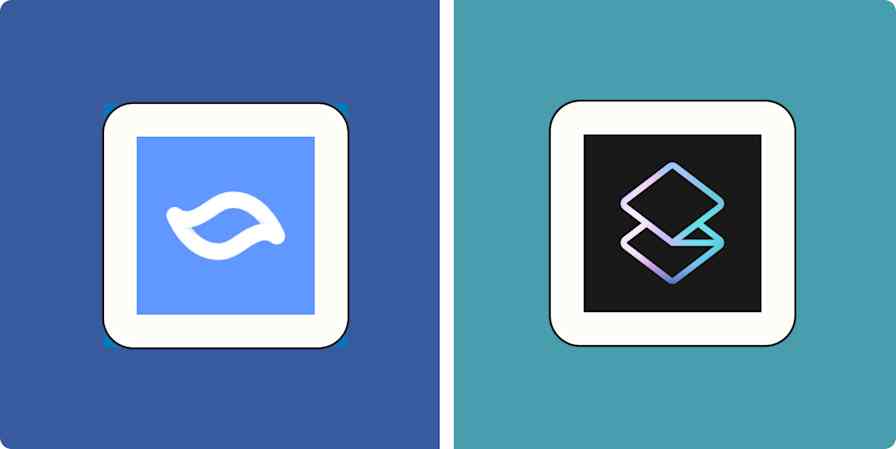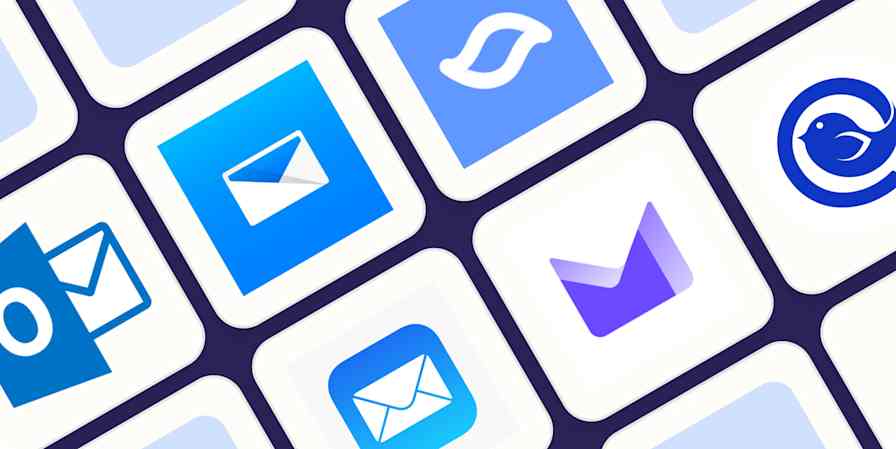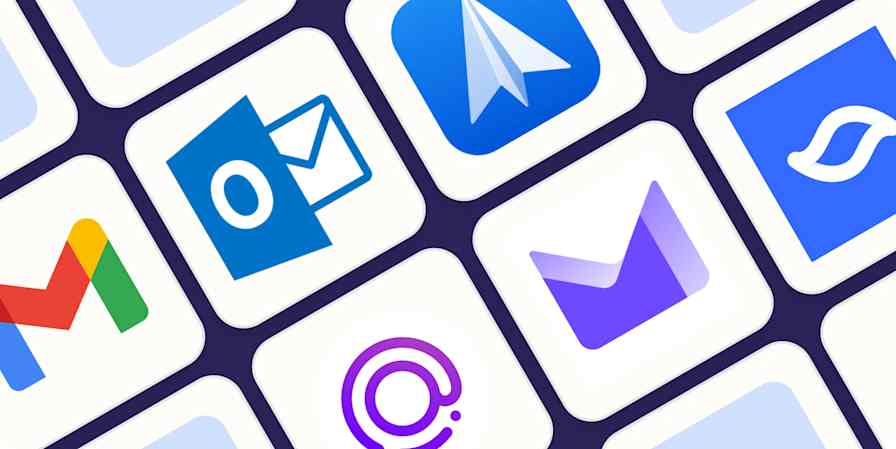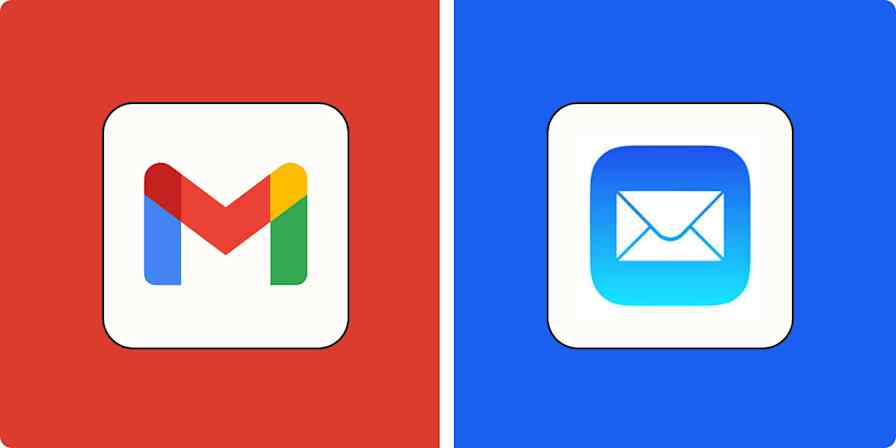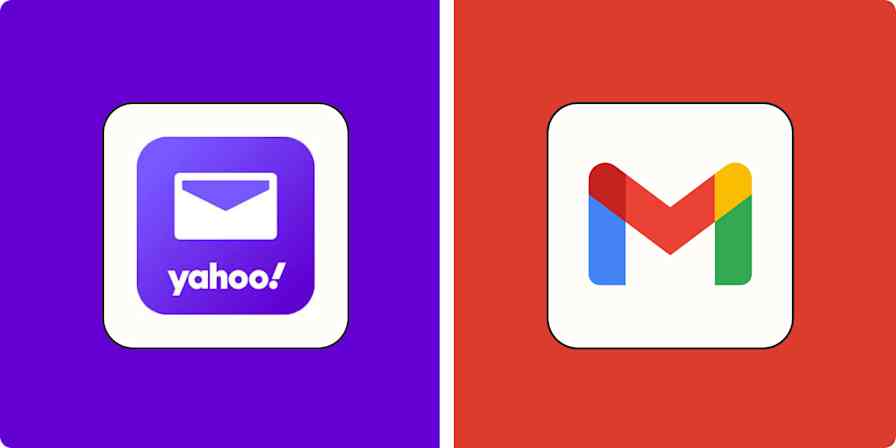App comparisons
14 min readProton Mail vs. Gmail: Which is right for you?
By Miguel Rebelo · September 17, 2024

Get productivity tips delivered straight to your inbox
We’ll email you 1-3 times per week—and never share your information.
Related articles
Improve your productivity automatically. Use Zapier to get your apps working together.

![Gmail vs. Apple Mail: Which should you use? [2025]](https://images.ctfassets.net/lzny33ho1g45/49kCS94QkUyqLG83ilDYcu/59c5aa03fe375be2333541bbc56d58ee/Group_12355.jpg?w=1200&fm=jpg&q=31&fit=thumb)

